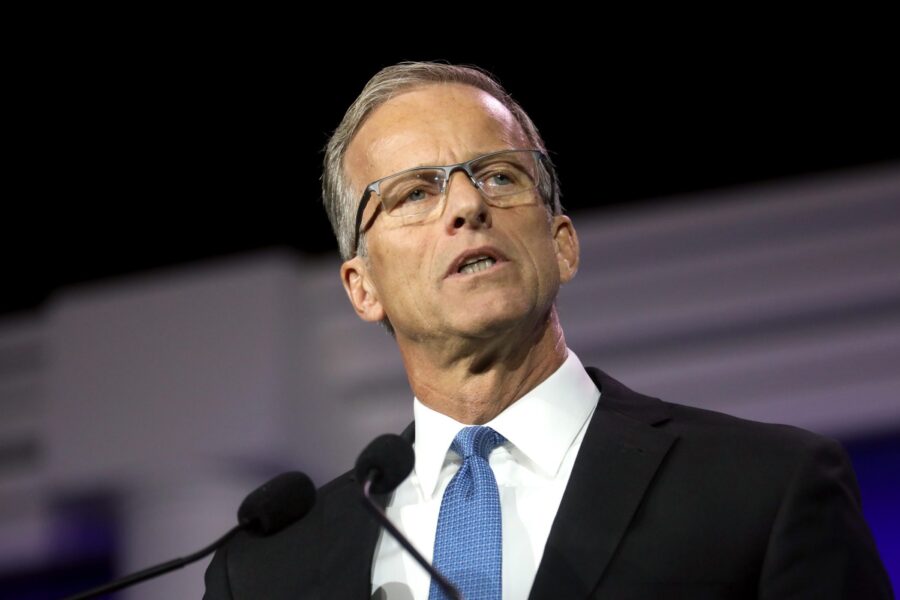Politics
Three GOP Senators Betray Trump On Key Bill

The U.S. Senate on Tuesday narrowly advanced key legislation making good on President Donald Trump’s promise to defund publicly funded media outlets like NPR, but not without overriding opposition from three Republicans who almost derailed the bill.
Conservatives focused their anger on the three holdouts who bucked their party, forcing Vice President J.D. Vance to cast the tie-breaking vote in favor of stripping PBS and NPR of taxpayer funds. It was the sixth time this year that Vance had to intervene to avoid a defeat in the Republican-controlled chamber.
The vote came as Senate Majority Leader John Thune (R-SD) works feverishly to shore up several of Trump’s agenda items before Congress breaks for its annual August recess.
The 51-50 vote saw Sen. Susan Collins (R-ME), who is up for reelection in 2026, break with her party over a bill that sought to claw back public funds from both media outlets. Still, she voted to advance the legislation to the floor for its final vote.
“The rescissions package has a big problem — nobody really knows what program reductions are in it,” Collins said in a prepared statement released after the procedural vote. “That isn’t because we haven’t had time to review the bill. Instead, the problem is that (the Office of Management and Budget) has never provided the details that would normally be part of this process.”
Collins first raised her objections with OMB Director Russell Vought during a June hearing, stating that the administration was unclear about how it would implement the cuts.

Joining the Maine Republican in opposition was Sen. Lisa Murkowski (R-AK), fresh off receiving significant carveouts in return for voting for President Trump’s One Big, Beautiful Bill. Sen. Mitch McConnell (R-KY), who is not running for reelection, also voted against defunding both media outlets.
“But more important than all of that, more important is our role here. I don’t want us to go from one reconciliation bill to a rescissions package, to another rescissions package, to a reconciliation package, and then a continuing resolution. We’re lawmakers. We should be legislating,” Murkowski said on the Senate floor, an echo of Collins’s concerns.
“What we’re getting now is a direction from the White House, and being told, ‘This is the priority, we want you to execute on it. We’ll be back with you with another round.’ I don’t accept that,” Murkowski said, Anchorage Daily News reported.
“If you don’t like what’s going on within NPR, you think that there’s too much bias there, we can address that,” Murkowski continued. “But you don’t need to gut the entire Corporation for Public Broadcasting, the entity, the program that provides for so much support, particularly for those in rural places.”
If passed by the House, President Trump will sign into law a bill that will cut as much as $9 billion from the bottom lines of both stations. Thune is up against a July 18 deadline to bring the rescissions package through the upper chamber, the Daily Caller reports.
Thune and Vought unsuccessfully offered to exempt a proposed $400 million cut to global AIDS projects in an attempt to woo moderate senators, such as Collins and Murkowski.
“From a $9.4 billion package to a $9 billion package, that’s something that’s very exciting for the American taxpayer,” Vought told reporters following the vote. “Big chunks of this proposal are not falling out.”

